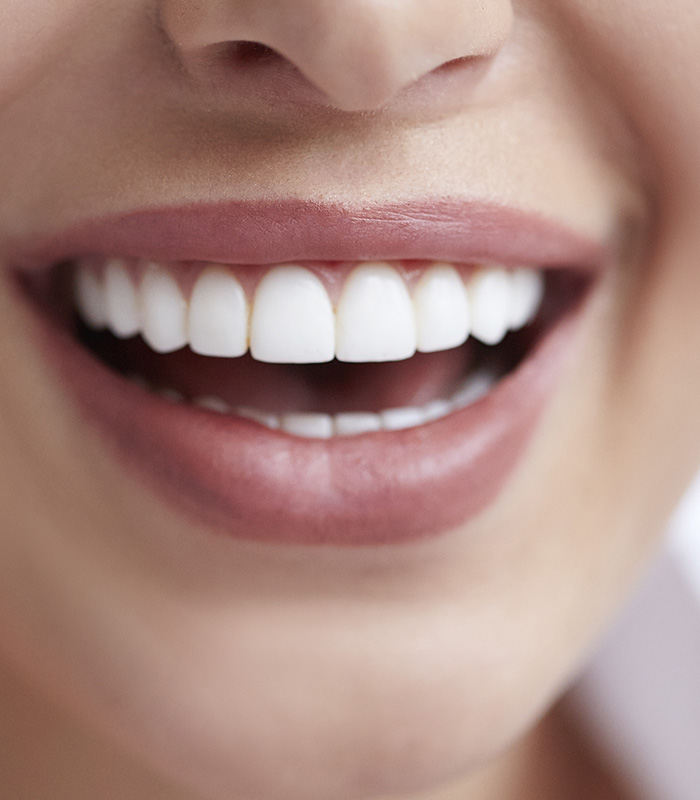
Loose Denture / Stabilisation
Why do dentures become loose?
It is common for dentures over time to become loose and not fit as snugly as they should. Sometimes this happens because of general wear and perhaps the denture has become too old and needs replacing.
Often, loose dentures occur because of bone resorption. This is where the gums shrink because they are no longer holding teeth in place.
At Wolds Dental, we see many patients from Reepham, Market Rasen, Fiskerton, Gainsborough, Sudbrooke, Cherry Willingham, Nettleham, Welton, Caistor and Keelby and throughout Lincolnshire who are suffering from poorly fitting or loose dentures.
What are the options for loose dentures?
There are several options that we offer patients with loose dentures at Wolds Dental Studio, and we can go through all of these at our consultation.
We will discuss whether you are still happy with the appearance and functionality of your denture teeth. We will determine whether you can still chew and bite together whilst wearing dentures. We will also examine your teeth along with your dentures.
Re-line dentures
After general wear, the most common option to stabilise dentures is to re-line them. Each patient is unique and the rate at which you will need your dentures re-lined will differ accordingly.
A temporary re-line of dentures means we will take an impression whilst you are wearing your denture in your mouth. This material will fill the gap where any bone or tissue has reduced allowing your denture to become more stable.
A permanent re-line of your dentures involves a similar process to the temporary re-line, but the denture is sent away to be replaced with a material called methacrylate. This option is longer lasting but does mean you will be without your denture for a time.
Re-making dentures
If re-lining your dentures is not possible, or if the denture is in bad condition, we may decide that the best course of action is to re-make the dentures.
Implant supported dentures
Dental implants which support dentures have the benefit of extra comfort, less slippage and improved chewing. Mini dental implants are gently inserted into your jawbone using a local anaesthetic and these hold your dental implants in place.
Dental implants
The last option is dental implants, and this means replacing your denture with permanent teeth that look, function and feel just like real teeth.
Why Choose
Wolds Dental for
Loose Denture / Stabilisation
Affordable dental care – we offer 0% finance and work closely with you to create finance plans which will work to your budget
Comfortable and pain free – we will do all we can to make you relaxed and comfortable. We will listen to you and ensure you are in control
Patient generated care – everything we do is focused on what is right for you and your treatment
Free cosmetic consultation – book a consultation with our treatment coordinator to find out more about this treatment in detail
Technology lead – our CBCT scanner enables us to better control your dental implant treatment

01673 842 276
Book your appointment for Loose Denture / Stabilisation
What are the benefits of stabilising loose dentures?
There are many reasons why patients from Sudbrooke, Nettleham, Welton, Market Rasen, Fiskerton, Cherry Willingham, Keelby, Reepham, Caistor, Gainsborough, and Lincolnshire are choosing to stabilise loose dentures:
- Secure dentures enable you to eat and chew properly
- Stabilised dentures are comfortable, secure and cause no irritation to your mouth or gums
- Stable dentures prevent further bone loss
- Stable dentures improve your confidence
Frequently Asked Questions about Loose Denture / Stabilisation
How long should dentures last for?
This varies for different patients, but on average dentures should last for about 7 years.
Can loose dentures cause more problems?
Loose dentures can be uncomfortable, they can cause irritation to the mouth and gums and sometimes this can lead to an infection. Loose dentures can lead to poor eating and malnutrition.
How often should I get my dentures checked?
Dentures should be checked by your dentist regularly, at least every year. They need to be re-made or re-placed once they begin to feel loose in your mouth and this is happens after about 5-10 years.